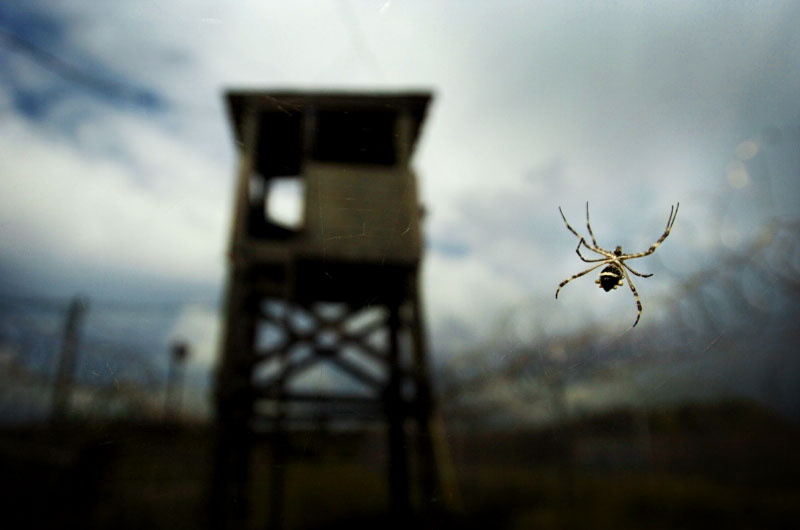The soil of Afghanistan has been known to be cursed. The history itself has been an evidence of the fact. There have been a number of invasion attempts but none of them became successful. It appears as if the land is protecting itself from being ruled. It doesn't even permit the natives to rule it. Let's look back in history to validate the fact of its being cursed.
The archaeological evidence establishes that the urban civilization mushroomed in the region between 3000 and 2000 BC. The Iranian Achaemenian Dynasty controlled the area from 550 BC until 331 BC before a prominent warrior set out for his dream of conquering the whole part. And that warrior, Alexander the Great, defeated the Achaemenian emperor Darius III between 331 and 327 BC, and smashed local resistance. Alexander and his successors brought Greek cultural influences to the region. Shortly thereafter, the Mauryan Empire of India gained control of southern Afghanistan. The Mauryans brought it up with Buddhism. In the mid-third century BC (60s–375 AD), nomadic Kushans established an empire and built it a cultural and commercial core. The Kushan Empire ended in the third century AD and until the seventh century, the region was fragmented and under the general or say nominal protection of the Iranian Sassanian Empire.
Then came the time for Arabs to try their fate on the cursed land. In 642 AD, the Arabs overran the entire region. They introduced Islam in a hope to morph the land according to them. Arab rule gave way to the Persians, who mastered the area until conquered by the Turkic Ghaznavids in 998 AD. Following Mahmud's short-lived dynasty, various princes attempted to dominate sections of the country. The Mongols invaded it in 1219 which was led by Genghis Khan. Following Genghis Khan's death in 1227, there came a bloody struggle between petty chiefs and princes for supremacy until late in the 14th century, when one of his descendants, Tamerlane, incorporated Afghanistan into his own vast Asian empire. In 1747, Ahmad Shah Durrani, by his veteran diplomacy, and courage, unified the Pashtun tribes and created the Durrani Empire, which is reckoned the beginning of modern Afghanistan.
In the late 19th century, Afghanistan became a buffer state buffer between the British Indian Empire and the Russian Empire. On August 19, 1919, by the end of the third Anglo-Afghan war, the country regained complete independence from the United Kingdom. A brief foray into democracy ended in a 1973 coup and a 1978 Communist counter-coup. The Soviet Union invaded the ground of Afghanistan in 1979 to support the frail Afghan Communist regime which eventually ignited an already fuming situation which resulted in a long and destructive war. Under relentless pressure from internationally supported anti-Communist mujahedin rebels the USSR was forced to call back in 1989. After a subsequent series of civil wars, in 1996 Kabul fell into the hands of the Taliban, a hard-line Pakistani-sponsored movement that was articulated to be emerged in 1994 to end the country's civil war and anarchy.
Following the September 11, 2001, terrorist attacks, a US, Allied, and anti-Taliban Northern Alliance military action toppled the Taliban for sheltering Osama Bin Laden. NATO forces lead by US did some successful operations against Taliban in order to secure peace in the region, but The UN-sponsored Bonn Conference in 2001 established a process for political reconstruction that included the adoption of a new constitution. In December 2004, Hamid Karzai became the first democratically elected president of Afghanistan. The National Assembly was inaugurated the following December. After gaining a second term in 2009, Karzai's presidency came to an end in 2014. The Afghanistan presidential election of 2014 was controversial, and despite UN supervision there were many allegations of fraud. After a second round of balloting, the two front-runners, Ashraf Ghani Ahmadzai and Abdullah Abdullah, came to a power-sharing agreement.
But again this didn't bring any good to the explosive situation persisting there, for there still exists a threat of Taliban. The US and British forces are to completely evacuate from the arena.
Hence it can be easily sounded out as if the curse is still persistent there and it is still preventing the land to be ruled either by any extremist force or by a viable democracy.
I personally believe that the world may fail to shoot down the Islamic State Terrorists but this cursed land will do it easily. The Islamic State militants will meet their final destiny in this land because the chronicle has been evident of the effect of the curse on some of the mightiest forces whoever tried to control the its soil.

No comments:
Post a Comment